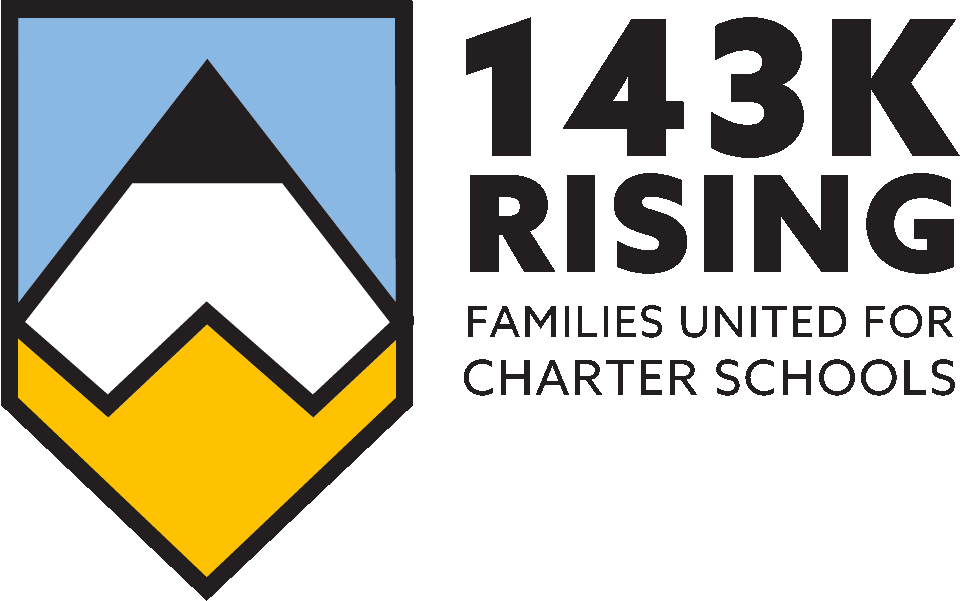By Dr. Anne Clark, CEO of the Pennsylvania Coalition of Public Charter Schools
The recent proposal to implement a statewide $8,000 per-student tuition cap for cyber charter schools, as part of the education funding bill H.B. 2370, represents a significant threat to educational choice and equity in Pennsylvania. While the bill’s proponents argue that this cap would save school districts over $500 million annually, the true cost would be borne by our most vulnerable students, who rely on cyber charter schools for a tailored, flexible education that traditional schools often cannot provide.
Cyber charter schools play a crucial role in Pennsylvania’s educational landscape. They serve students who need an alternative to brick-and-mortar schools due to medical issues, bullying, or unique learning needs. Contrary to the blanket assertion that cyber charter schools operate at lower costs, these schools face unique and often higher expenses. Faculty salaries remain comparable to traditional schools, but cyber charters incur significant costs for technical infrastructure, cybersecurity, and individualized student support services.
The proposed cap needs to reflect these financial realities. Setting a fixed tuition rate undermines cyber charter schools’ ability to maintain high-quality programs and adequately support their students. This is especially concerning, considering many students come from underserved communities and rely on cyber charters for a viable educational path.
Moreover, the argument that cyber charter schools are less transparent or accountable than traditional public schools is misguided. Cyber charter schools are subject to rigorous oversight by the Pennsylvania Department of Education and undergo comprehensive audits and evaluations. The claim that cyber charters lack transparency because they do not have elected school boards ignores the various accountability measures already in place.
The financial savings touted by the cap proponents come at the expense of educational outcomes. By reducing funding for cyber charter schools, we risk depriving students of the necessary resources to succeed. The long-term impact on Pennsylvania’s educational and economic future could be detrimental, as limiting school choice undermines efforts to create a diverse and dynamic educational ecosystem.


